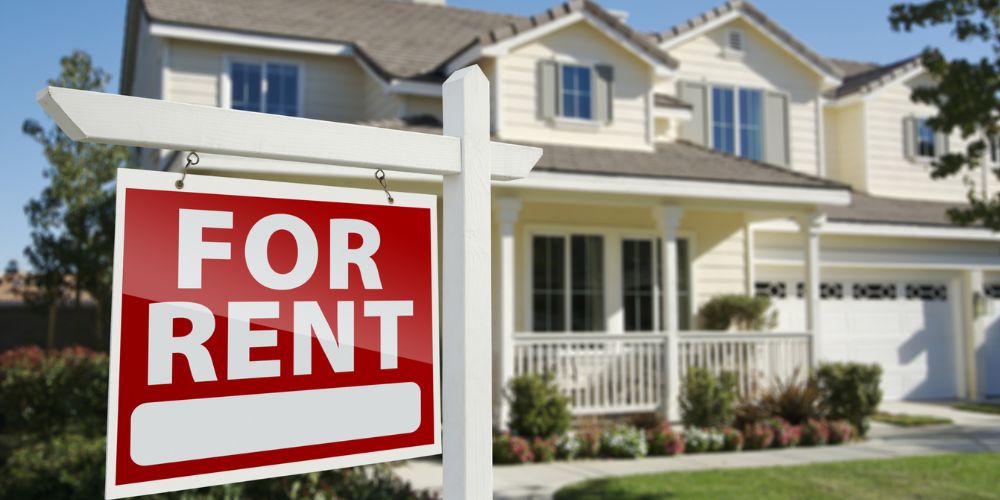Paying off your rental property can be a great feeling and will increase your monthly cash flow by a significant margin. Without that regular mortgage payment you may find yourself with more disposable income than you know what to do with. Do you buy a new investment property and continue building your portfolio, pay off other debts, or put the money into other investment vehicles?
There are a few different routes you could take. Which you choose depends entirely on your long-term financial goals. To help make that decision easier, here is a look at a few of the best ways to spend the additional income after paying off a rental property.
Option 1: Invest In Another Rental Property
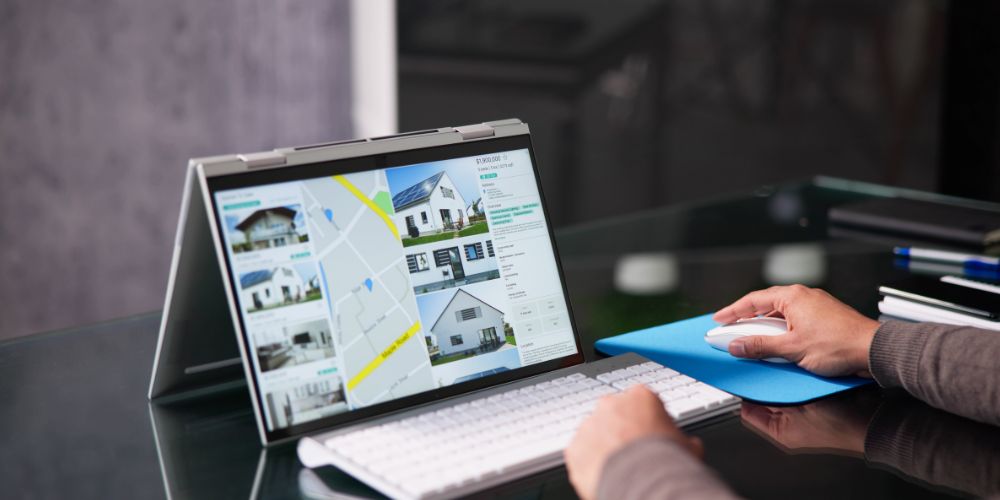
The first option is to continue expanding your portfolio and use the rental income to invest in a new property. One of the major benefits of owning a property outright is the ability to borrow against the equity. When your first property is paid off, you could refinance and use the money to purchase another rental. That way, you would have double the cash flow but only one mortgage payment to worry about.
Employ the same strategy you used the first time to pay off the second rental, then refinance again to buy a third. You can repeat this process as many times as you please until you’ve built an empire of rental properties, one home at a time.
You can use a few different types of financing options to achieve this goal, such as a cash-out refinance, home equity loan, or a HELOC. Whichever you choose, using the equity you’ve built as collateral often makes it easier to secure a lower mortgage interest rate and reduces your risk compared to paying multiple mortgages on different rental properties simultaneously.
Option 2: Use The Extra Cash Flow To Pay Off Other Debts
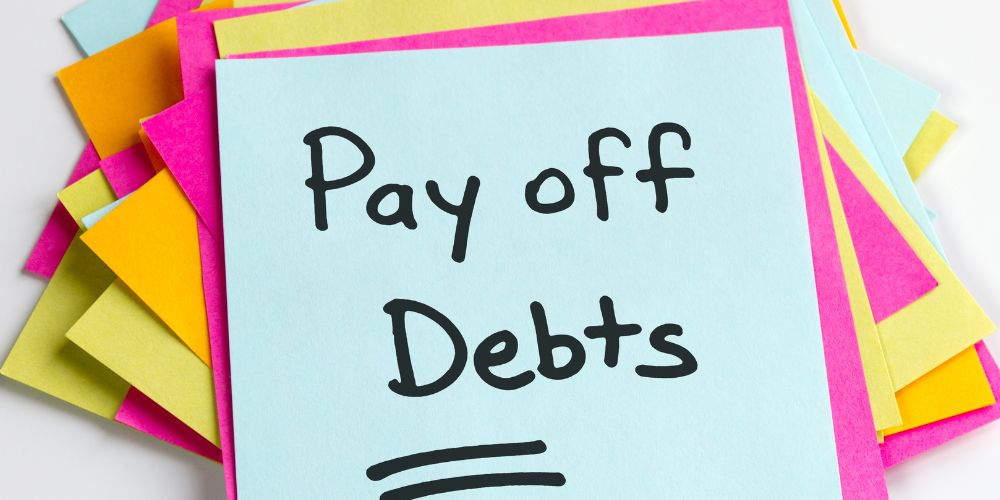
Another smart option is using the additional cash flow to pay down other debts. Perhaps you already own a portfolio of properties and are sick of paying so much additional mortgage interest. You could refinance to a mortgage with a shorter repayment period and higher monthly payment, then use the additional cash flow to cover the difference and pay off the loan in half the time.
You could also use the additional cash to pay off any personal debts you may have such as high-interest credit card debt, medical debt, student loans or anything else. Reducing your own debts can make it easier to secure future financing at a lower interest rate. If you have any business debts, unpaid property taxes, or liens against any of your other properties, it’s also a smart move to use the additional rental income to pay it off.
Regardless of what you owe, if you have any outstanding debts that are getting in the way of your financial goals, it’s best to put the additional cash flow toward eliminating those obligations first and then consider another strategy once you’re in a good position.
Option 3: Sell The Property For As Much As You Can
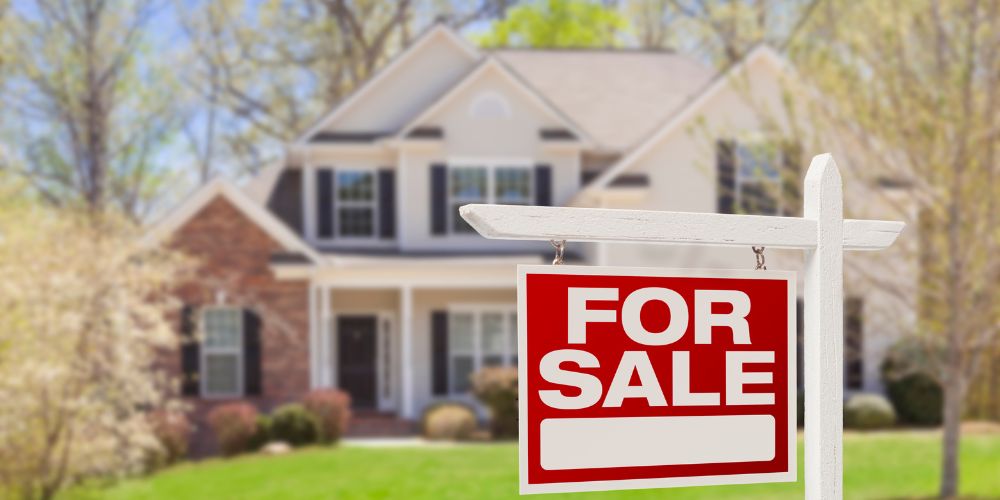
You might also consider selling the property for as much as you can as soon as it’s paid off. Selling a home without a mortgage gives you the ability to take it slow and wait for the best possible offer. Time is on your side, so you don’t have to rush to accept the first decent offer that comes your way. You have the ability to be patient and wait for the buyer who thinks they’ve found their dream home or another investor who thinks it’s the perfect addition to their portfolio and will be willing to sweeten the deal to secure it.
This is usually a wise option if home prices have consistently gone up but you have the feeling that trend may not last forever. You are in the rare position to try to time the sale perfectly without the pressure of owing a bank. Don’t get too greedy because the listing price still needs to be in line with the market value. However, the lack of financial pressure often makes it easier to be more discerning and choose the best offer possible.
Option 4: Invest In REIT's or High Dividend Stocks

Maybe you’re content with one rental property and would rather invest in something that provides consistent returns without as much hands-on work. In that case, you might consider using the excess cash flow to invest in other securities, such as REIT’s or high-dividend stocks.
A REIT is a real estate investment trust. It’s a company that owns and manages income-producing real estate. They are publicly traded companies that collect money from a large pool of investors and use the funds to purchase and manage their portfolios. They pay dividends to shareholders based on the performance of the investments. REIT’s allow you to earn consistent returns from real estate without having to deal with the day-to-day headaches of owning an investment property, such as vacancies, routine maintenance, and disruptive tenants.
Alternatively, you could also look into investing in high dividend stocks that may offer similar returns. You could choose to invest in companies that are doing something innovative in the real estate industry, or you could also invest across different sectors. You may want to work with a financial advisor if you choose to go this route to ensure that your portfolio is well-diversified and optimized to produce the highest returns. Either way, investing in REIT’s or high-divided stocks is a great way to use your excess cash flow to continue growing your wealth without having to put in as much physical work.
Option 5: Refinance The Property And Purchase Another Asset
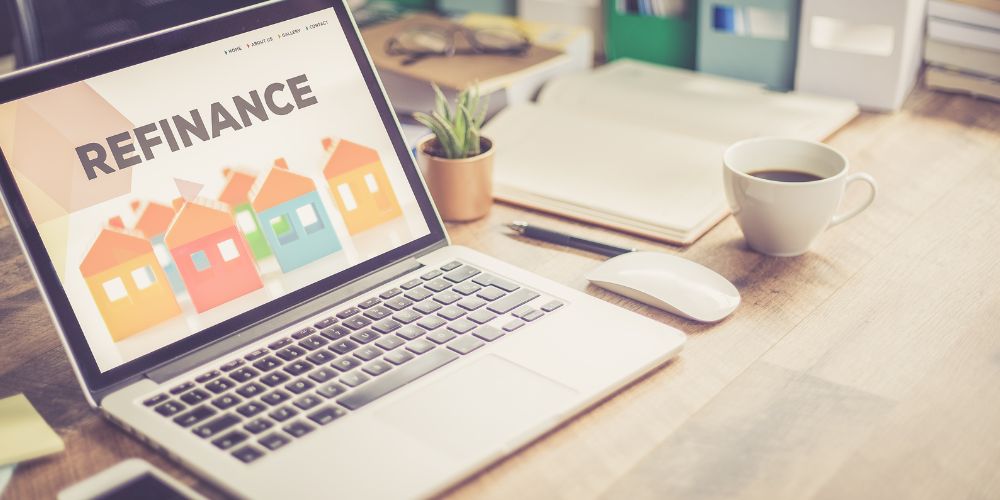
You might also decide to refinance the property and invest in another income-producing asset. You could tap into the equity the same way you would if you were to purchase another investment property. Yet instead of purchasing another rental property, you purchase some other asset that will provide a generous return.
For instance, you could use the money to purchase a distressed property and flip it for a profit. You could use the funds to buy a small business and collect the profits or improve efficiency and sell it for a higher price. If you’re feeling ambitious, you could even try something more advances, such as purchasing mortgage equity from a real estate debt fund. Doing so allows you to collect consistent returns with greater liquidity than investing directly in real estate.
There is a wide variety of different assets you could invest in that could provide equal or even greater returns than purchasing another rental property. This option also puts you in a position to use good debt to increase the number of assets you own, creating new income streams and building up your net worth.
You should always do your due diligence and wait for the right opportunity to ensure that you don’t squander the equity of your home on a bad investment. However, purchasing assets can be a great way to continue growing your wealth if done strategically. The best part is you don’t have to refinance the full value of the property and can decide for yourself how much you’re comfortable spending.
Option 6: Use The Extra Cash To Enhance Your Quality Of Life

The final option is to use the extra cash flow to enjoy yourself and enhance your quality of life. Perhaps you already have a decent job that allows you to cover your essentials and invest in the future. In that case, you may use the extra rental income to make your life better and spend the money on things and experiences you always wanted but couldn’t afford.
Maybe you want to upgrade to a nicer home, or decide to use the additional cash flow to cover your own mortgage payment, so you can live debt free. Perhaps you want to take some time off and travel to an exotic location or invest in a once in a lifetime experience. You may want to retire early, so you can spend more time with your family, purchase a brand new sports car or just have some additional cash to spend on everyday luxuries.
One of the less-talked-about aspects of financial freedom is the ability to spend your time and money pursuing your passions. The amount of monthly income that constitutes financial freedom is different for everyone. But if you’re already comfortable with your existing situation and would prefer to use the new rental income on luxuries, that’s entirely up to you. Plus, you can always decide to refinance and continue to invest at a later date.
Final Thoughts
Paying off a rental property affords you all kinds of financial freedoms that can make your life easier in many different ways. Whether you choose to build a large portfolio of rental properties, diversify into different types of investments and asset classes, or simply go on an expensive vacation, that additional cash flow can go a long way toward helping you achieve your personal or financial goals.
You can choose just one of these options or a mix of several, depending on what makes the most sense for your situation. For instance, you could choose to refinance and use a portion of money to pay off your property taxes and the rest to invest in REIT’s or finance an upgrade to your own home. Whatever options you choose, just make sure you have a clear plan that aligns with your long-term goals.
